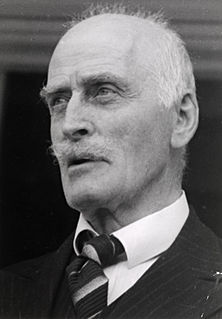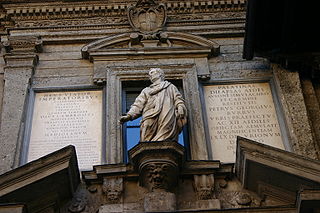A Quote by James Goldsmith
Praise in the beginning is agreeable enough; and we receive it as a favor; but when it comes in great quantities, we regard it only as a debt, which nothing but our merit could extort.
Related Quotes
It is generally believed that our science is empirical and that we draw our concepts and our mathematical constructs from the empirical data. If this were the whole truth, we should, when entering into a new field, introduce only such quantities as can directly be observed, and formulate natural laws only by means of these quantities.
There is a sort of homely truth and naturalness in some books which is very rare to find, and yet looks cheap enough. There may benothing lofty in the sentiment, or fine in the expression, but it is careless country talk. Homeliness is almost as great a merit in a book as in a house, if the reader would abide there. It is next to beauty, and a very high art. Some have this merit only.
Speculation in oil stock companies was another great evil ... From the first, oil men had to contend with wild fluctuations in the price of oil. ... Such fluctuations were the natural element of the speculator, and he came early, buying in quantities and holding in storage tanks for higher prices. If enough oil was held, or if the production fell off, up went the price, only to be knocked down by the throwing of great quantities of stocks on the market.
The lights of prayer that make us imagine we are beginning to be angels are sometimes only signs that we are finally beginning to be men. We do not have a high enough opinion of our own nature. We think we are at the gates of heaven and we are only just beginning to come into our own realm as free and intelligent beings.
Socrates said, our only knowledge was
"To know that nothing could be known;" a pleasant
Science enough, which levels to an ass
Each Man of Wisdom, future, past, or present.
Newton, (that Proverb of the Mind,) alas!
Declared, with all his grand discoveries recent,
That he himself felt only "like a youth
Picking up shells by the great Ocean-Truth."
Only by spiritual practice can we break through our karma and the effects of the causes we have made. Only then can we escape from them. It matters not whether you have acquired any merit. Merit is merit. Karma is karma. Nonetheless, if one practices the Quan Yin Method, one can be liberated regardless of having any merit or not. It is so logical, so scientific.
We acquire the love of people who, being in our proximity, are presumed to know us; and we receive reputation or celebrity, from such as are not personally acquainted with us. Merit secures to us the regard of our honest neighbors, and good fortune that of the public. Esteem is the harvest of a whole life spent in usefulness; but reputation is often bestowed upon a chance action, and depends most on success.
It may be a mere patriotic bias, though I do not think so, but it seems to me that the English aristocracy is not only the type, but is the crown and flower of all actual aristocracies; it has all the oligarchical virtues as well as all the defects. It is casual, it is kind, it is courageous in obvious matters; but it has one great merit that overlaps even these. The great and very obvious merit of the English aristocracy is that nobody could possibly take it seriously.

































